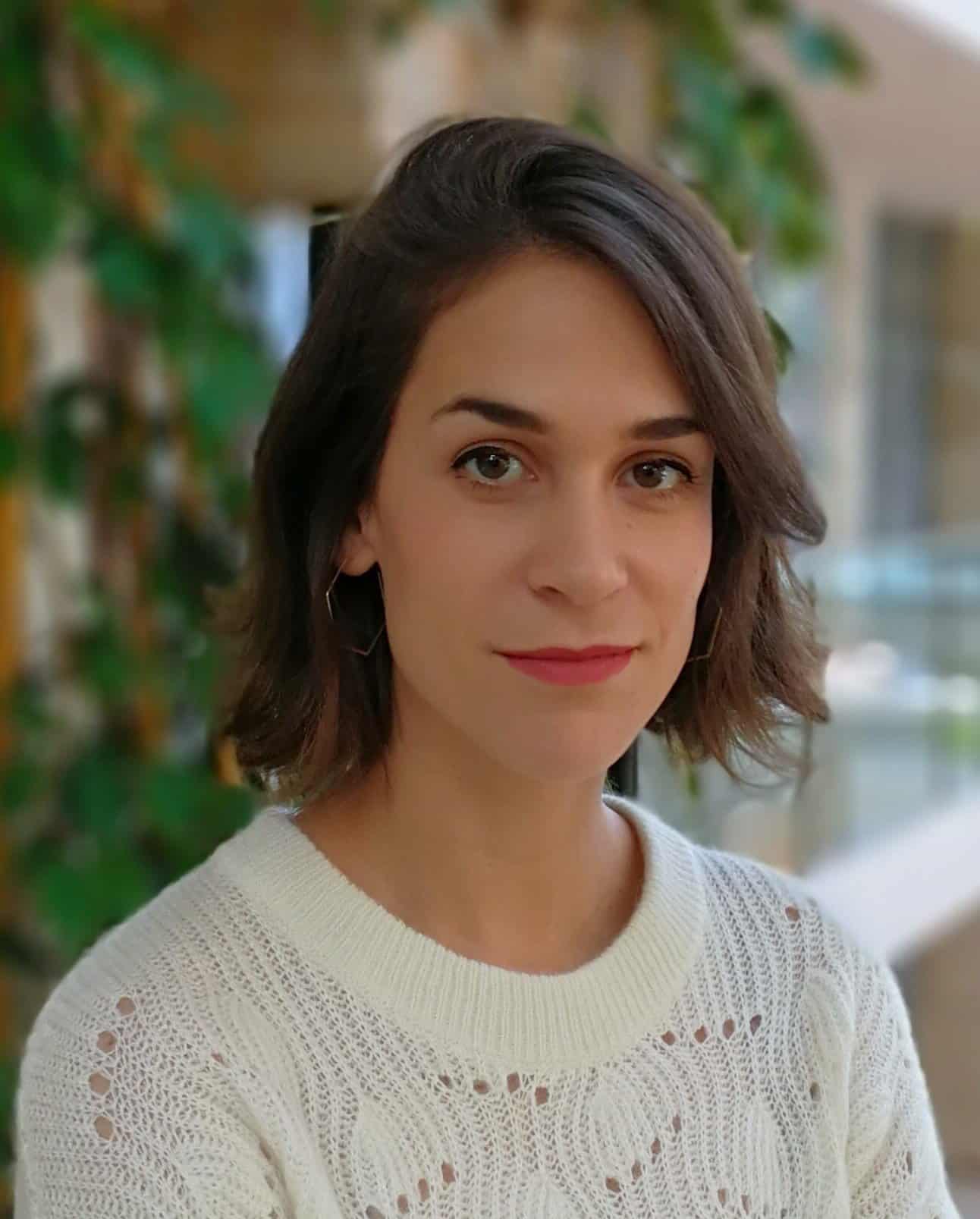Mitgliedschaft hat einen neuen Steuerungskreis gewählt
Partnership members have elected a new Steering Committee
The Textiles Partnership is starting the next round with a new Steering Committee. In the Partnership initiated by the German Federal Ministry for Economic Cooperation and Development (BMZ), there will be changes in four of the five stakeholder groups. In future, the central decision-making body of the multi-stakeholder initiative will include more women than men. The new Steering Committee will continue to drive forward the strategic realignment decided last year, so that the Partnership will maintain its role as a pioneer alliance for fair supply chains, also in the context of the new legal requirements.
The results of the election at a glance
The following candidates received the majority of votes (in alphabetical order):
Business
- Katrin Kinza (Deerberg GmbH)
- Anna Rüchardt (HAKRO GmbH)
- Kristina Seidler-Lynders (C&A Mode GmbH & Co. KG)
- Tobias Wollermann (Otto Group)
Tobias Wollermann does not accept the election and thus leaves the Steering Committee prematurely. There will be a post-election for this seat, the result of which will probably be determined and announced on 16.8.2023.
Non-governmental organization
- Alexandra Caterbow (HEJSupport e.V.)
- Berndt Hinzmann (INKOTA-netzwerk e.V.)
- Lavinia Muth (FEMNET e.V.)
Government
- Moritz Blanke (Federal Ministry of Labour and Social Affairs)
- Anja Mager (Federal Ministry for the Environment, Nature Conservation, Nuclear Safety and Consumer Protection)
- Dirk Meyer (Federal Ministry for Economic Cooperation and Development)
Standard Organizations
- Claudia Kersten (Global Standard gemeinnützige GmbH)
Unions
- Annika Wünsche (Deutscher Gewerkschaftsbund)

Kristina Seidler-Lynders Kristina Seidler-Lynders from C&A Mode GmbH & Co. KG has been newly elected to the Steering Committee and intends to approach her role constructively and ambitiously: "I would like to thank you for the trust you have placed in my candidacy, and I am pleased that in future I will be able to represent the members of the Business Stakeholders Group and actively contribute to the strategic orientation and the shaping of the Partnership's work. There are numerous challenges for the sector for which solutions are found jointly in the Textiles Partnership. This is where the Partnership's greatest potential lies. I look forward to working with the other stakeholder groups on innovative and progressive solutions, contributing to fair supply chains while moving the industry forward."
Also, Anna Rüchardt from HAKRO is looking forward to the new task with a zest for action: "I am very happy to actively shape the future of the Textiles Partnership as a member of the Steering Committee and to represent all member companies. We need solutions that no one has thought of yet. Solutions that we can put into practice. Solutions that help us to change our economic activity for the better and to fulfil our responsibility as a company, also in order to secure ourselves economically. It is precisely this intersection of positive impact in the supply chains and feasibility in business practice that we need to balance for the Textiles Partnership to be able to provide the best possible support. Therefore, I look forward to working together with the representatives of all stakeholder groups."


Lavinia Muth from Femnet is also a first-time member, succeeding Gisela Burckhardt in the civil society stakeholder group, who did not run again. "I am pleased to have been elected to the Steering Committee of the Partnership for Sustainable Textiles as a representative of the civil society. Together with Berndt Hinzmann from INKOTA-netzwerk and Alexandra Caterbow from HEJSupport, it is our goal to continue to push boundaries and in particular to achieve positive changes for living wages and gender justice in a constructive discourse with the business community. The recent elections have brought a wave of new faces to the Steering Committee, symbolising the diversity and dynamism of our collective efforts."
Linda Schraml, Head of the Partnership Secretariat, sees the election as a momentum for change: "The numerous candidatures reflect the high relevance of the Textiles Partnership, and the new members of the Steering Committee will certainly set their own accents that will develop a new dynamic. I congratulate all the elected representatives on their election and look forward to working with you and all the members of the Partnership to bring the Partnership's new direction to life in order to further anchor human rights and environmental due diligence in global supply chains, to strengthen the impact in the production countries and to give impetus to the focus issues of living wages and purchasing practices, circular economy and climate protection, gender justice as well as grievance mechanisms and redress. At the same time, I would like to express my sincere thanks to all the now resigning Steering Committee members for their cooperation. They have played a decisive role in shaping the direction the Textile Partnership has taken and have also proven with the new orientation that the Textiles Partnership is a pioneer alliance."
The Steering Committee is the highest decision-making body in the Partnership for Sustainable Textiles. In its meetings, the Steering Committee decides, among other matters, on the strategic direction of the Partnership. Every two years, the members of the various stakeholder groups elect their representatives to the Steering Committee. Voting for the current election was possible in the period 01.06.2023 to 21.06.2023.
The Partnership for Sustainable Textiles was founded in 2014 as a voluntary multi-stakeholder initiative in a barely regulated environment. Representatives from business, politics, and civil society work together to ensure that human rights and ecological due diligence obligations are implemented in Germany, Europe, and worldwide. With the disclosure of supplier information and the obligatory participation in initiatives in production countries on focus topics, the Partnership wants to go beyond legal requirements and, in particular, initiate changes on the ground.
The Supply Chain Due Diligence Act came into force in Germany on 1 January 2023. For the first time, this law makes compliance with human rights in supply chains binding for companies.



